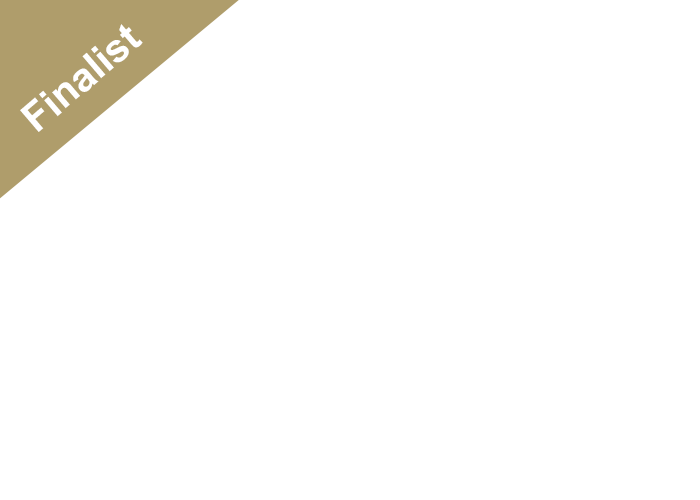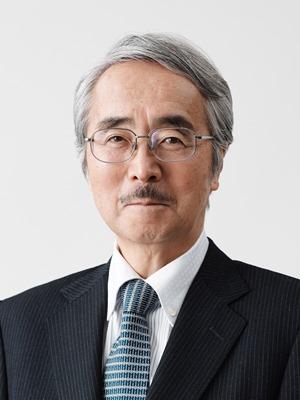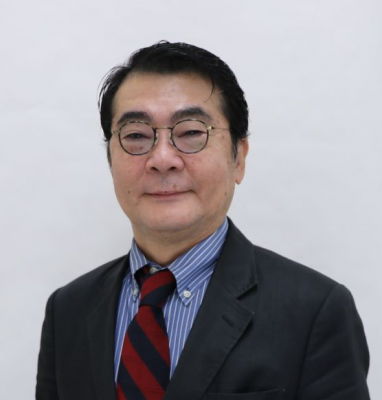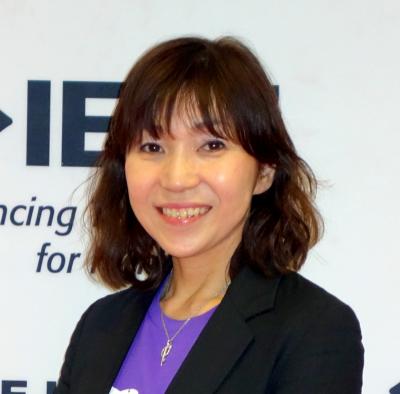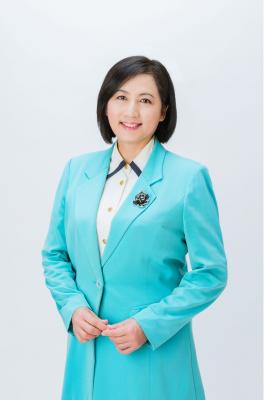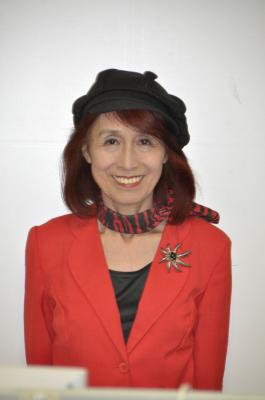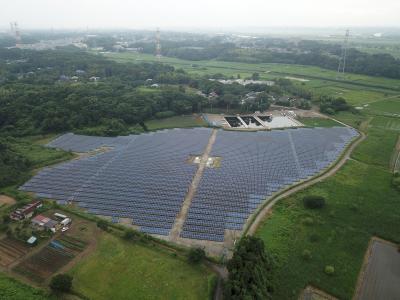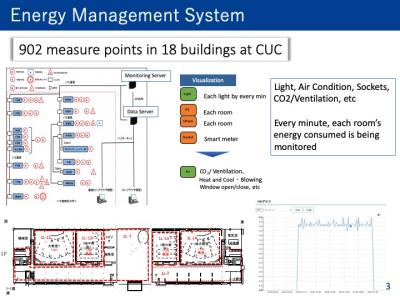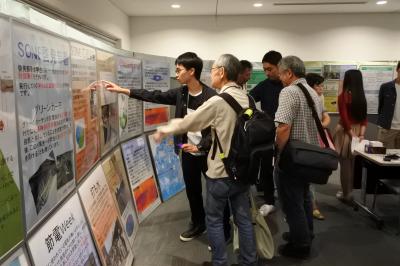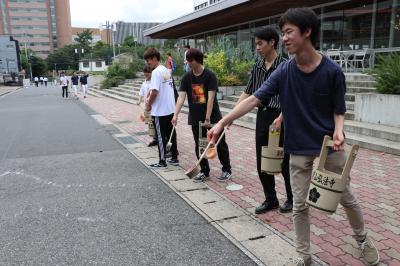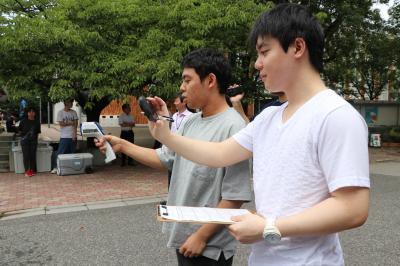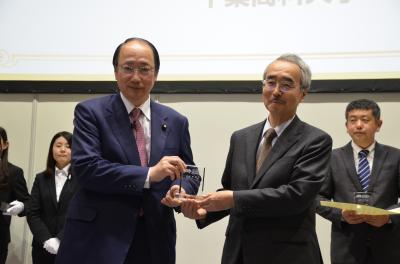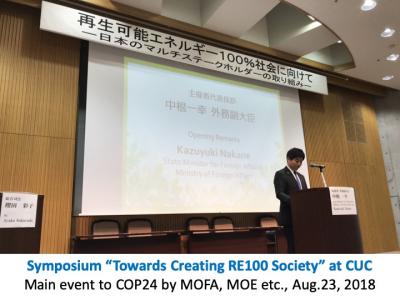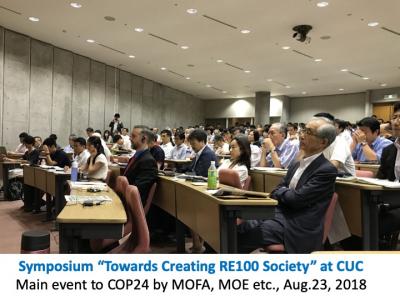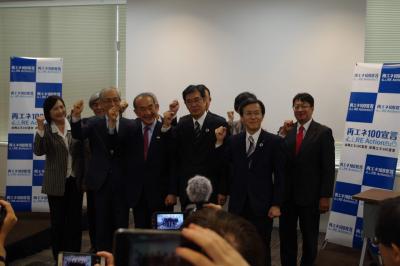In January 2019, the Chiba University of Commerce, or CUC, became the First 100% Renewable Energy University for electricity, out of 786 universities in Japan, by offsetting the electricity we consume on campus with the renewable energy we generate both on campus and on the Mega- Solar Farm off campus. We are the first, and as of December 2019, without a second, as no other university in Japan has achieved this yet. Though RE100 is usually applied to the consumption of electricity, our challenge is to take it to the next level and become the first truly 100% renewable energy university in Japan, making our renewable energy generation equal to our total energy consumption, i.e. electricity plus gas, by March 2021. As of October 2019, we have achieved 112.4% of our electricity consumption, and 89.7% of our total energy consumption from renewable energy. To achieve this goal, we will continue to work on three aspects: hardware, software, and “heartware.” Hardware refers to the photovoltaic panels on our Mega-Solar Farm and all our available rooftops, and the LED lights installed throughout the campus. Software refers to the Energy Management System, or EMS, which optimizes our power consumption and generation and makes them visible. “Heartware” refers to the mindset and attitude which lead to concrete action of everyone involved, from university management, faculty and staff, to students. We believe that in the end, it is this “heartware” which will enable us to become the first truly 100% Renewable Energy University in Japan.

